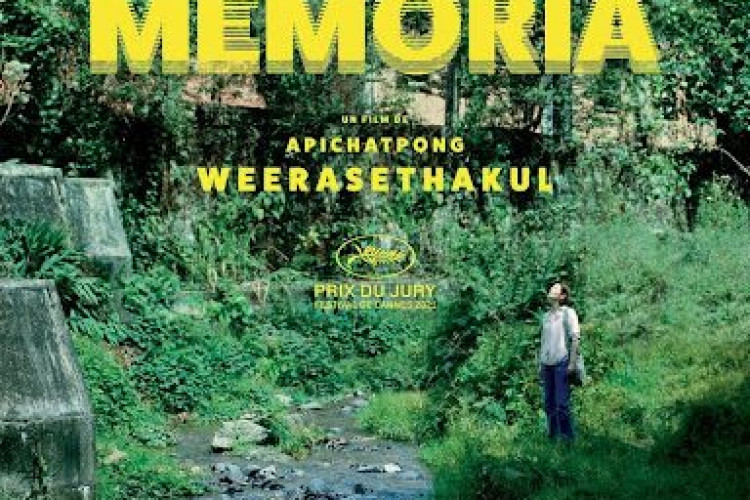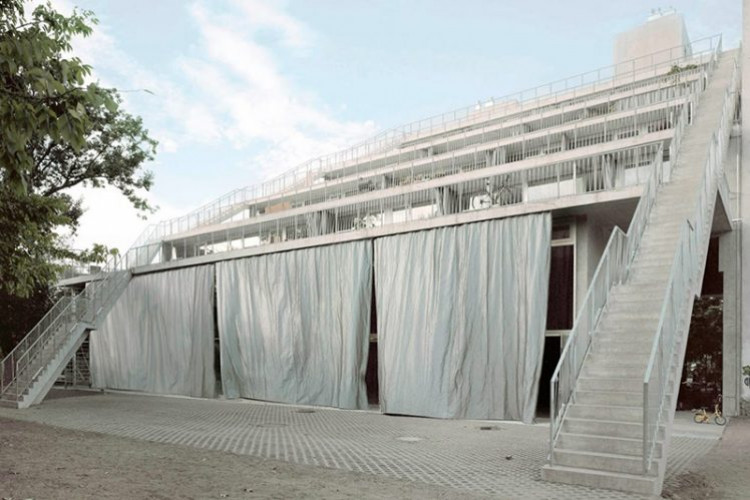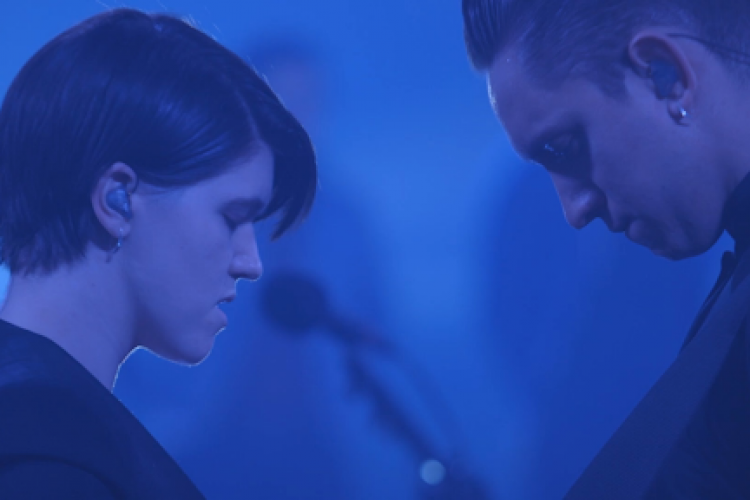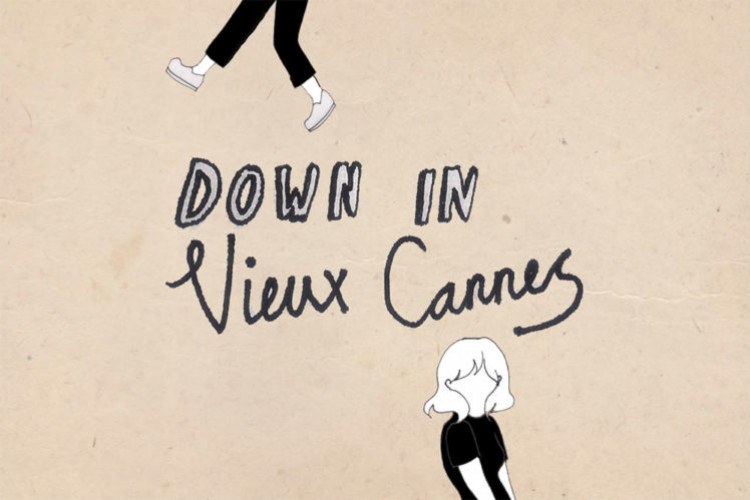One Afternoon with Ade Paloh
Mariati Galatio (M) talks to musician Ade Paloh (A).
by Ken Jenie
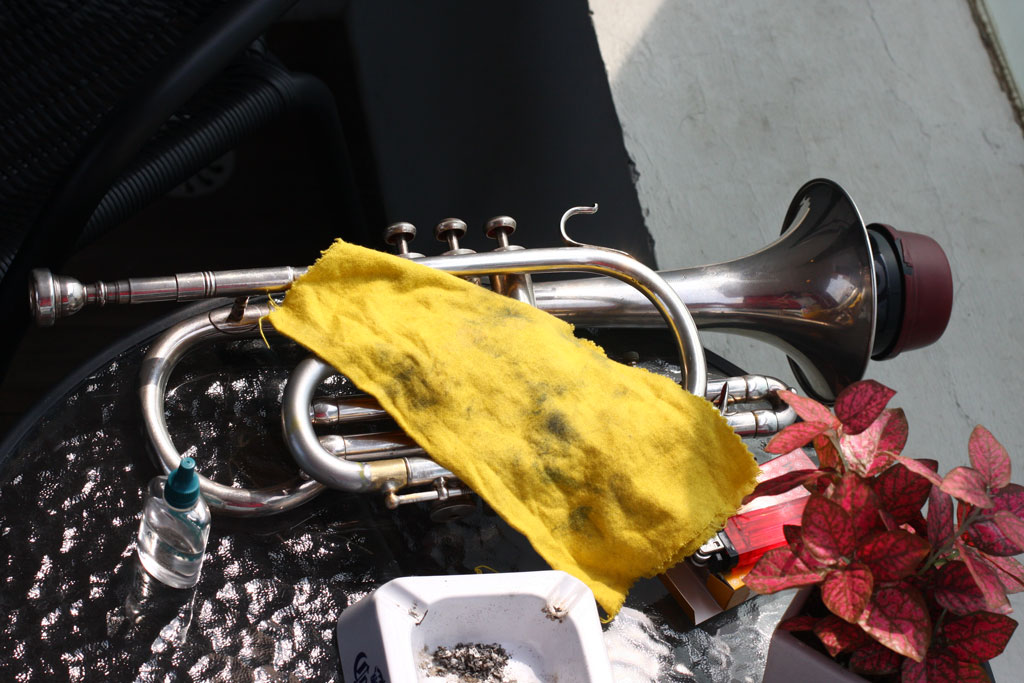
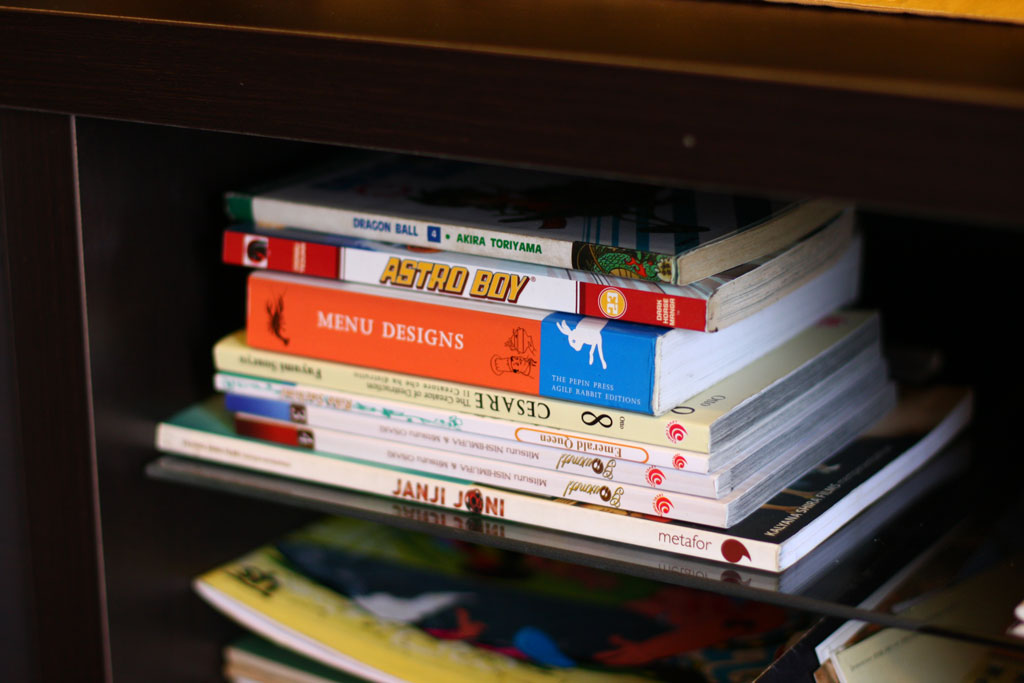
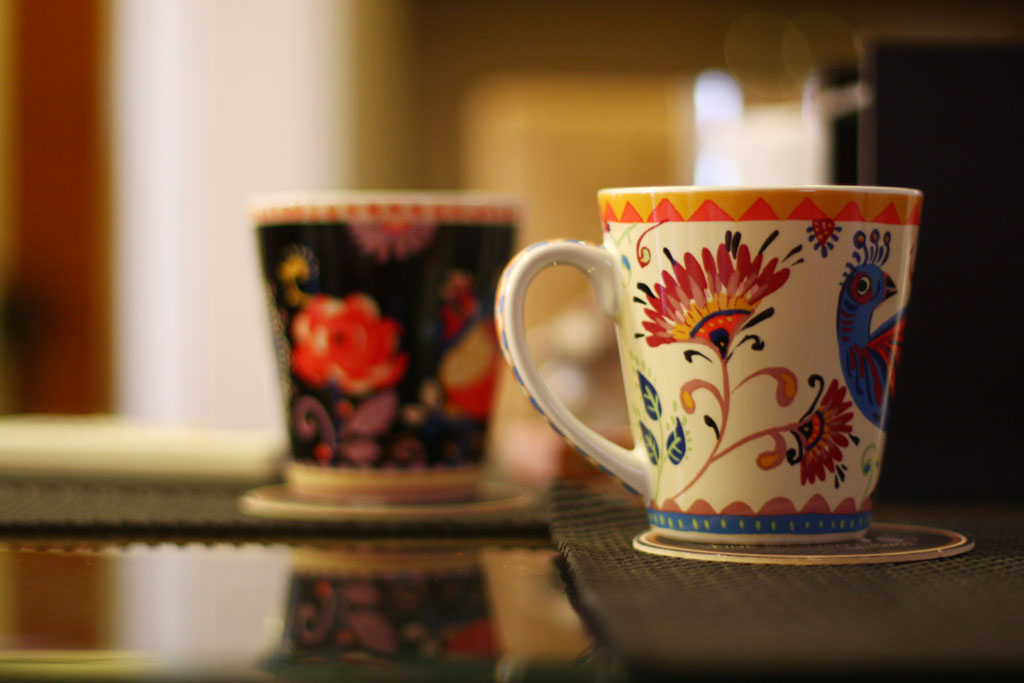
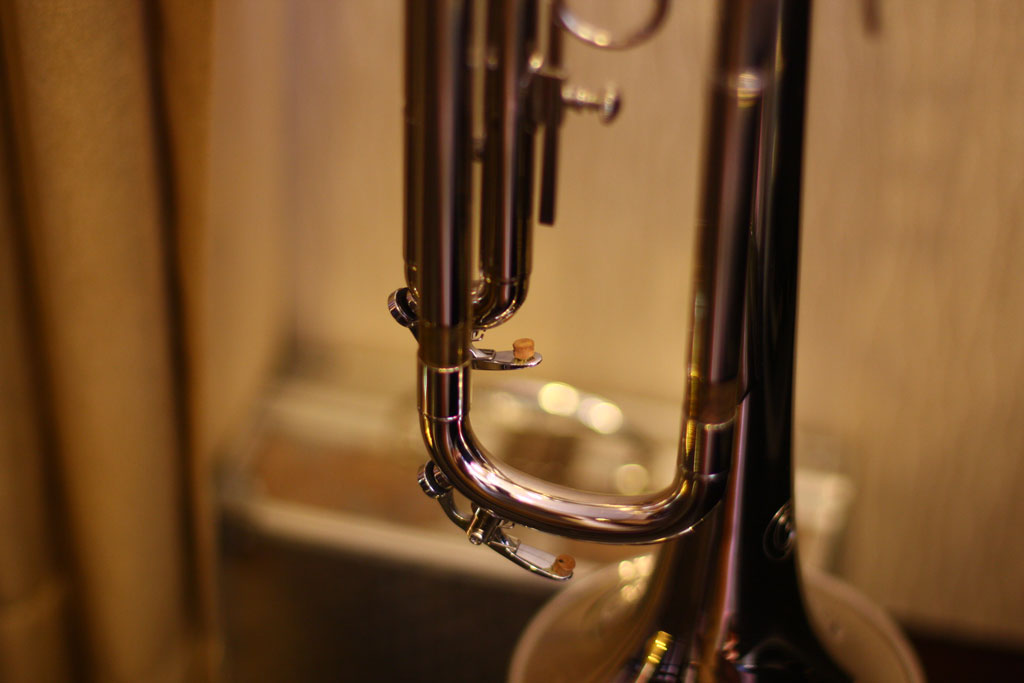
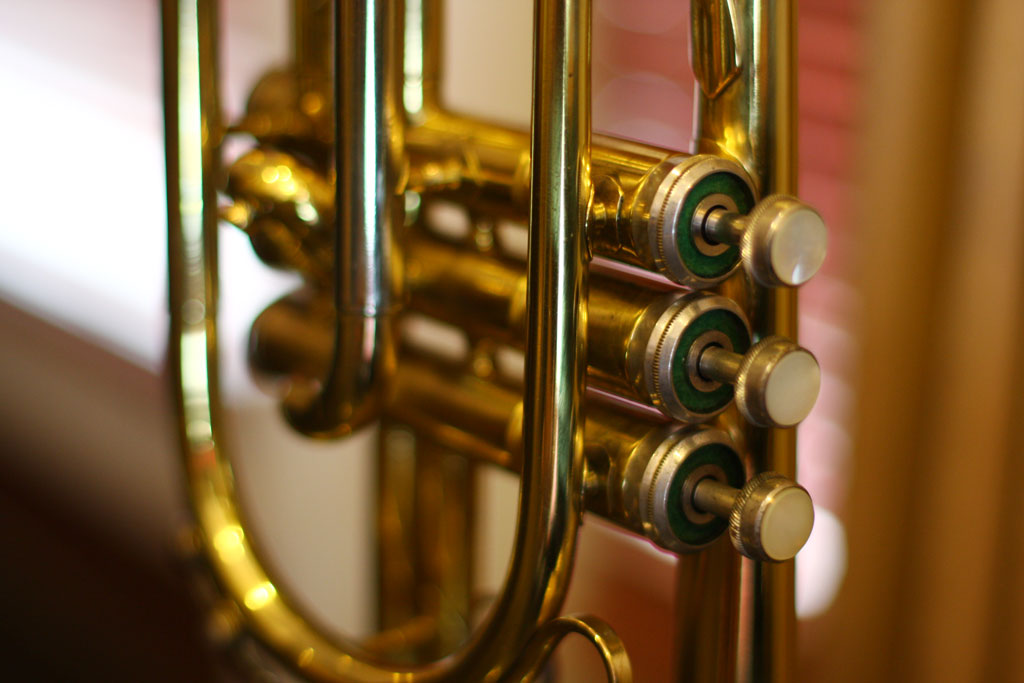
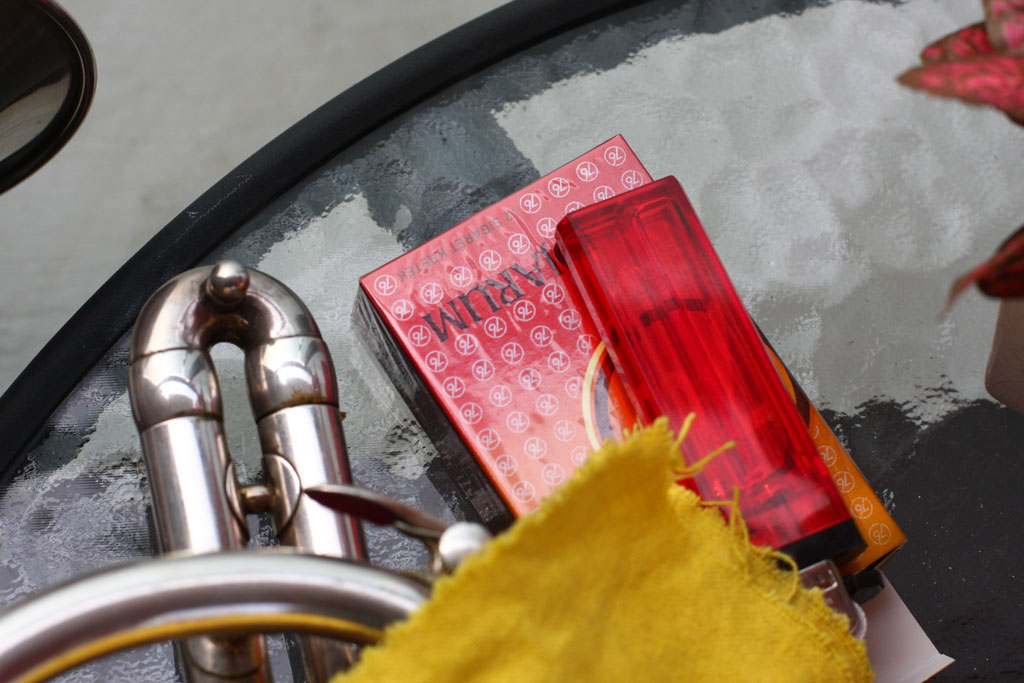
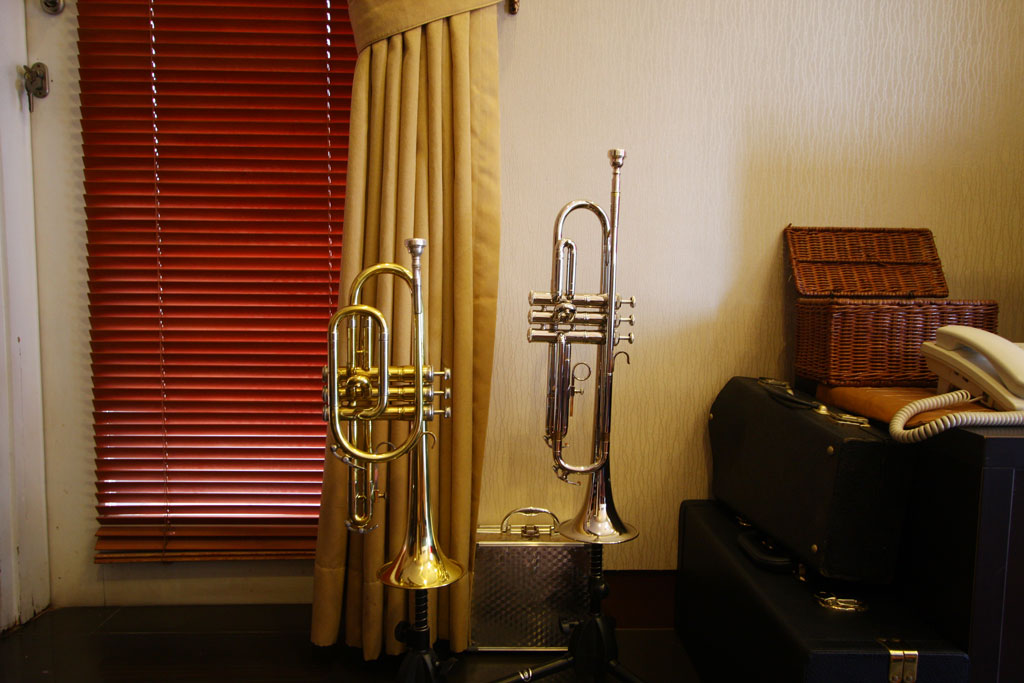
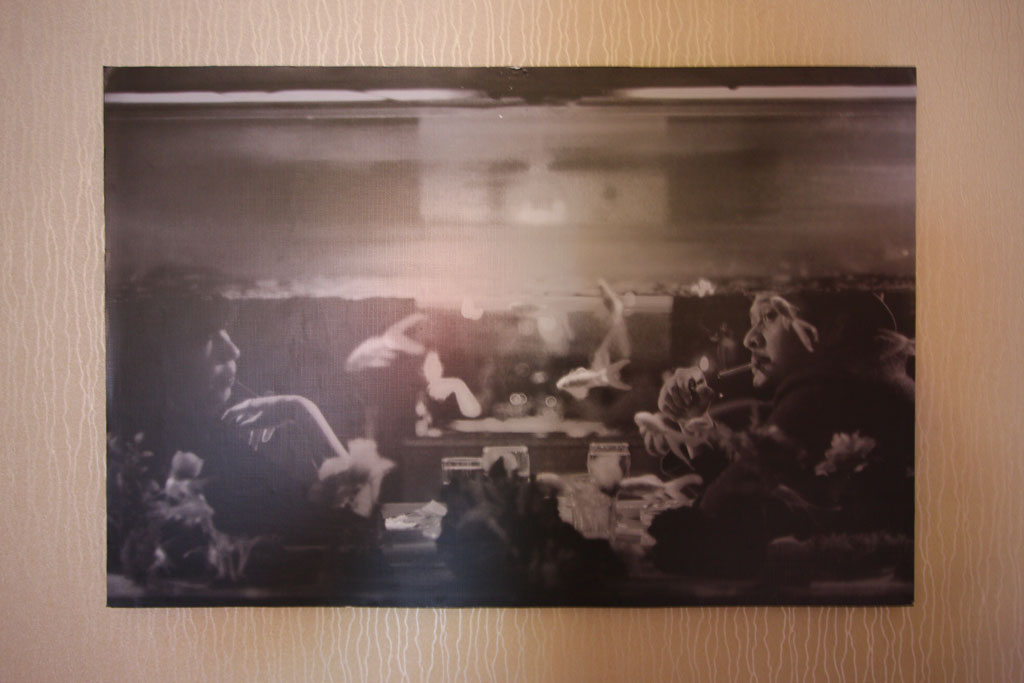
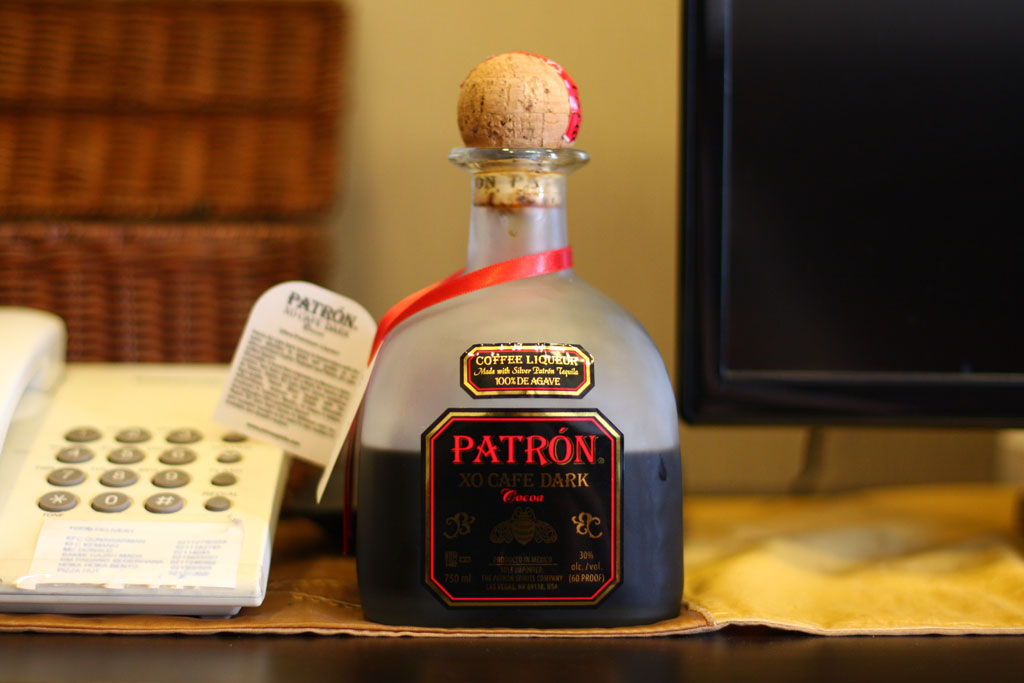
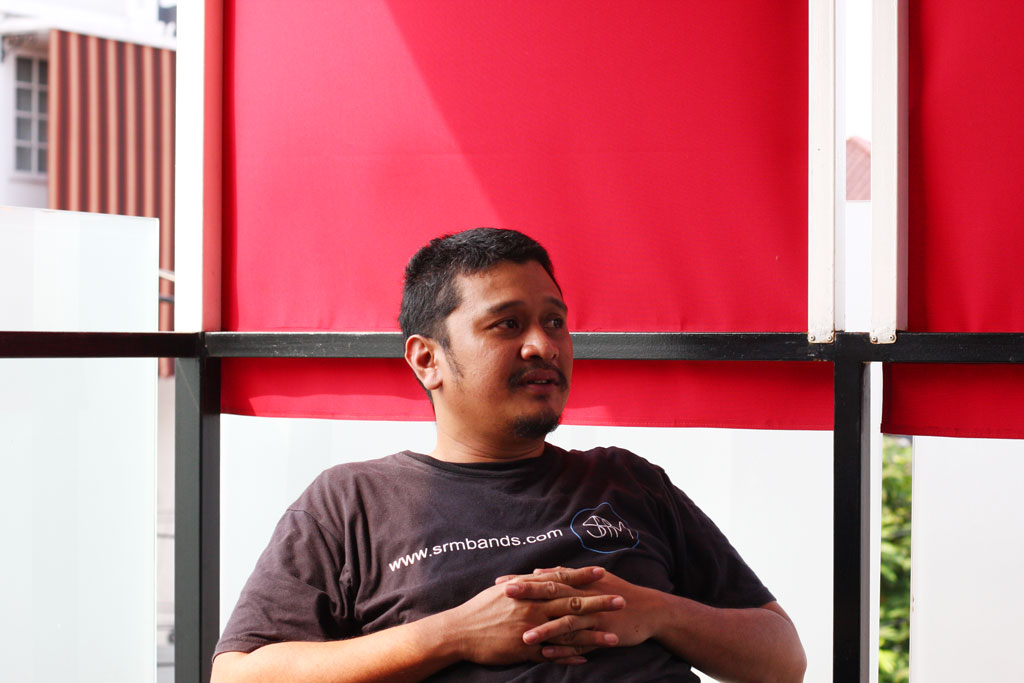
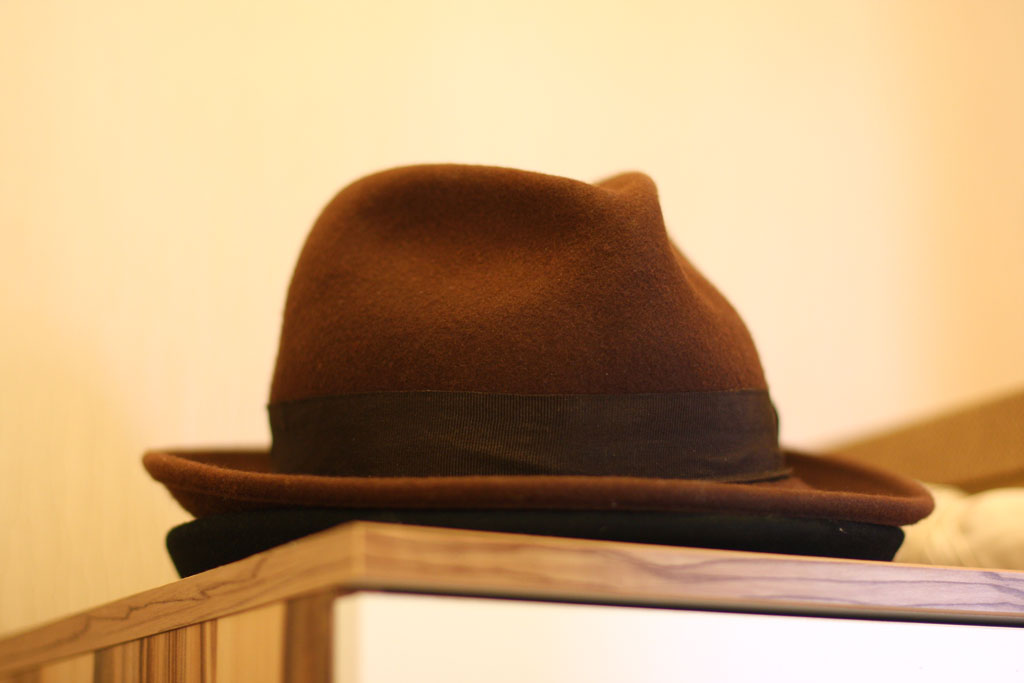
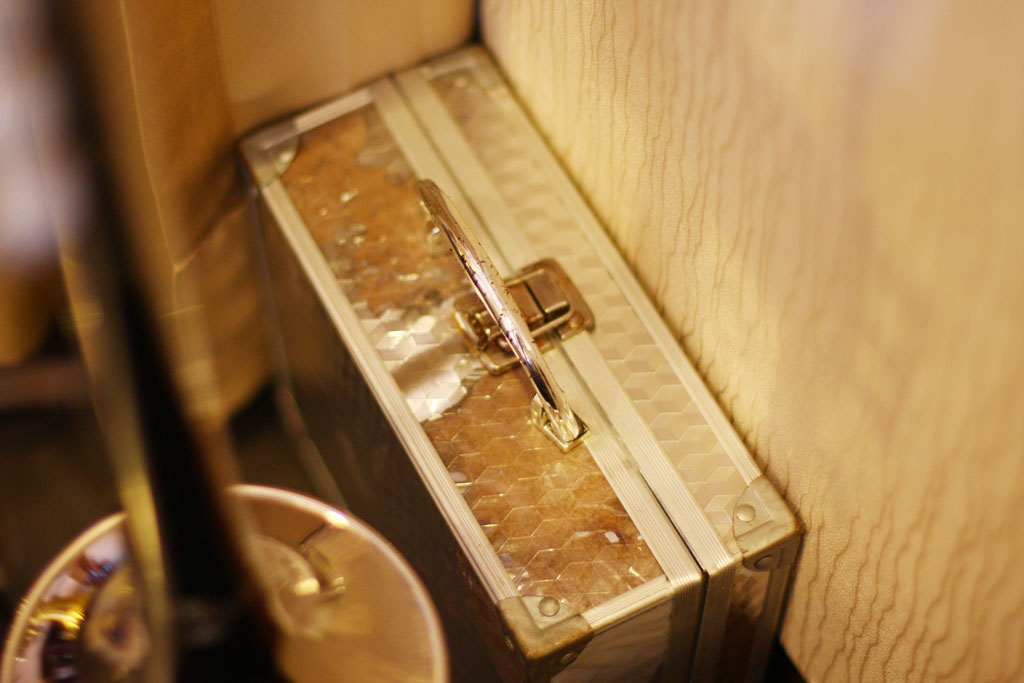
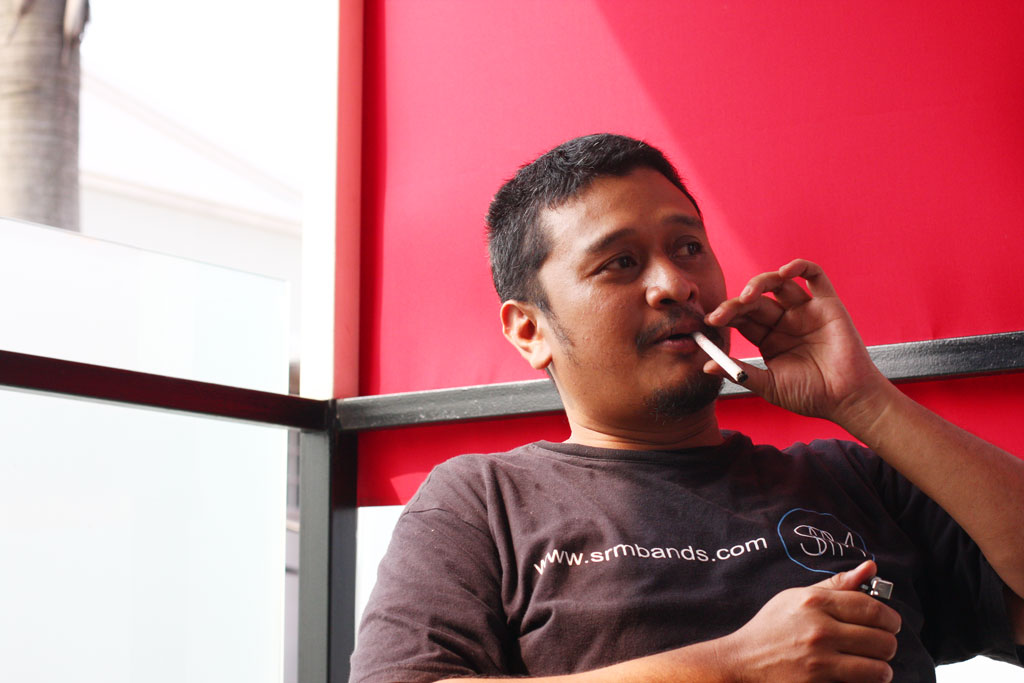
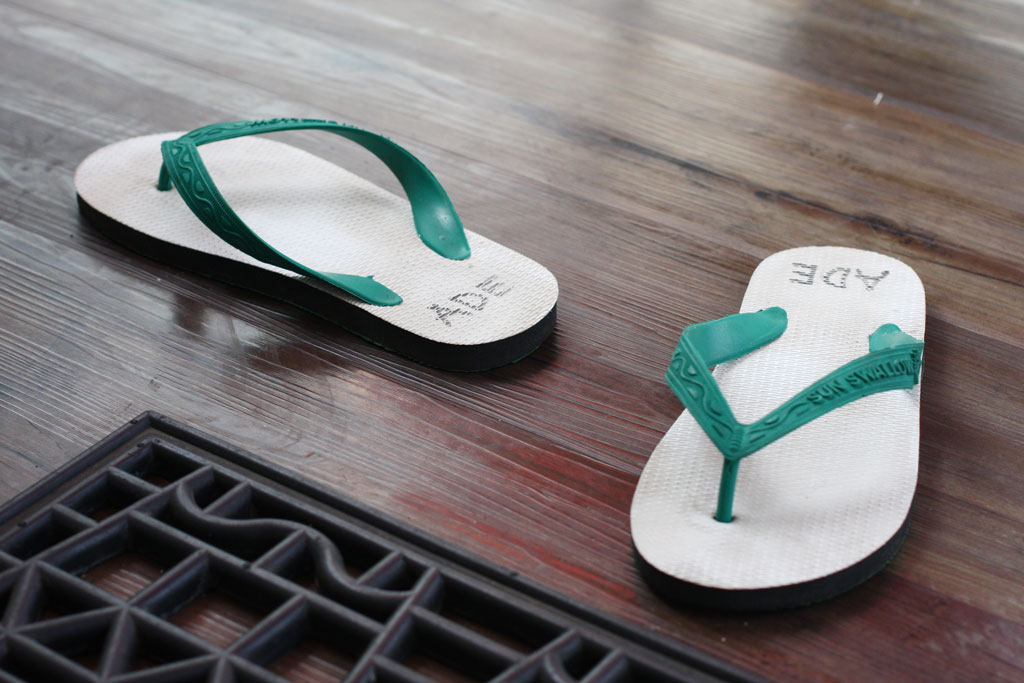
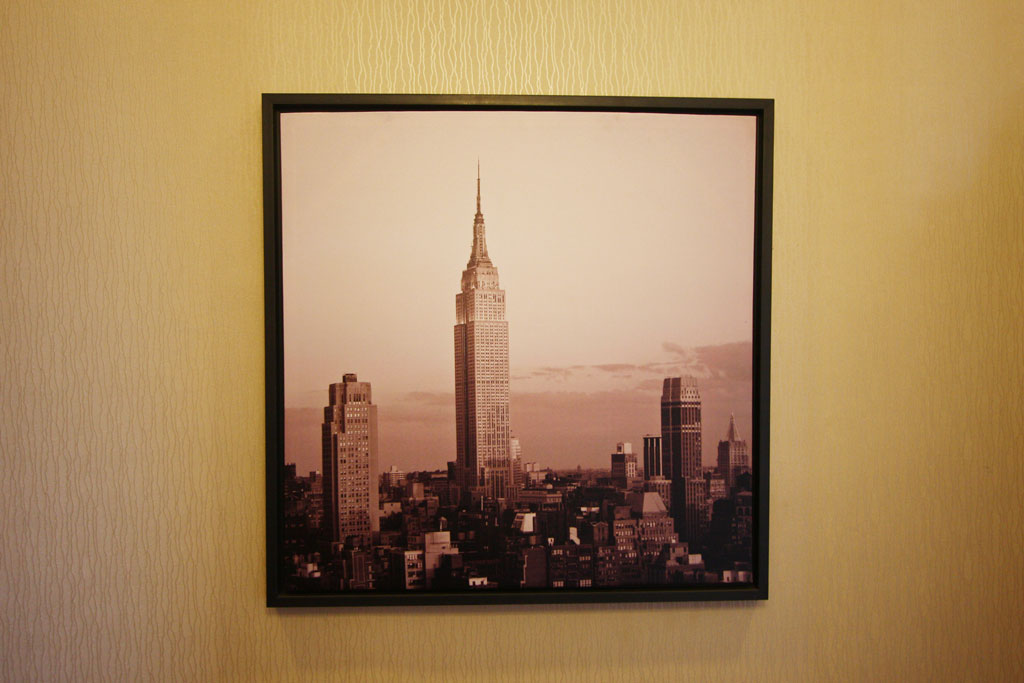
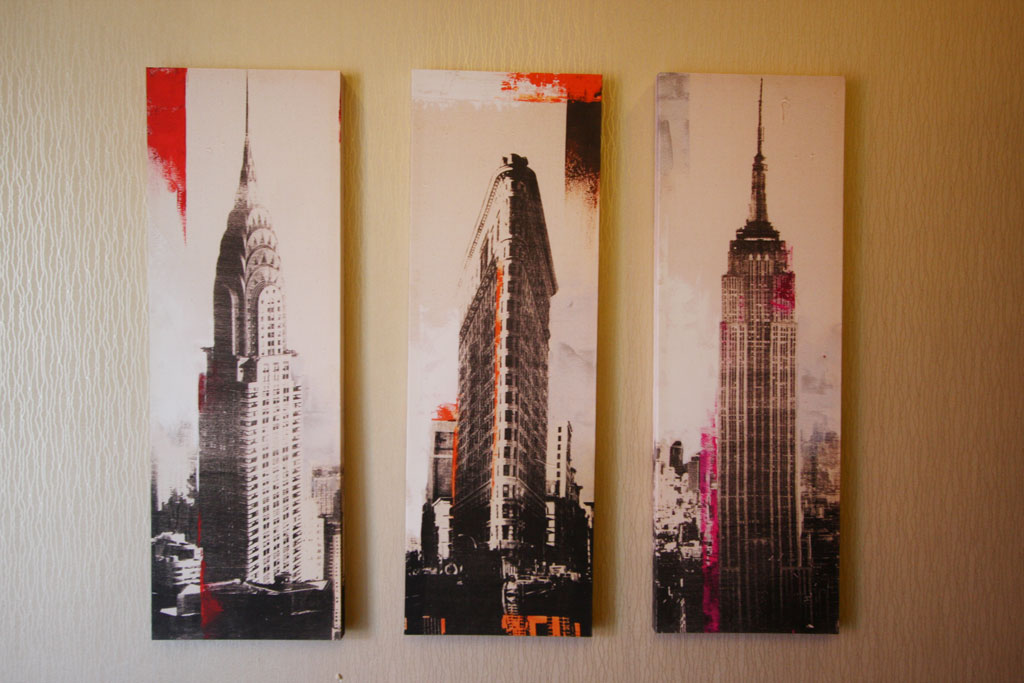
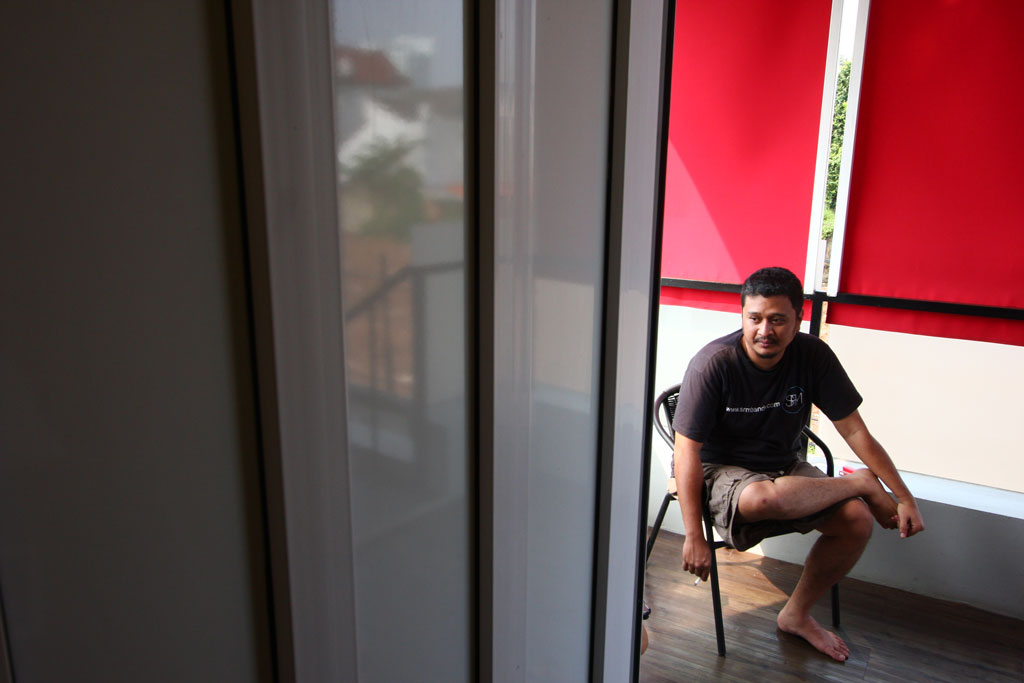
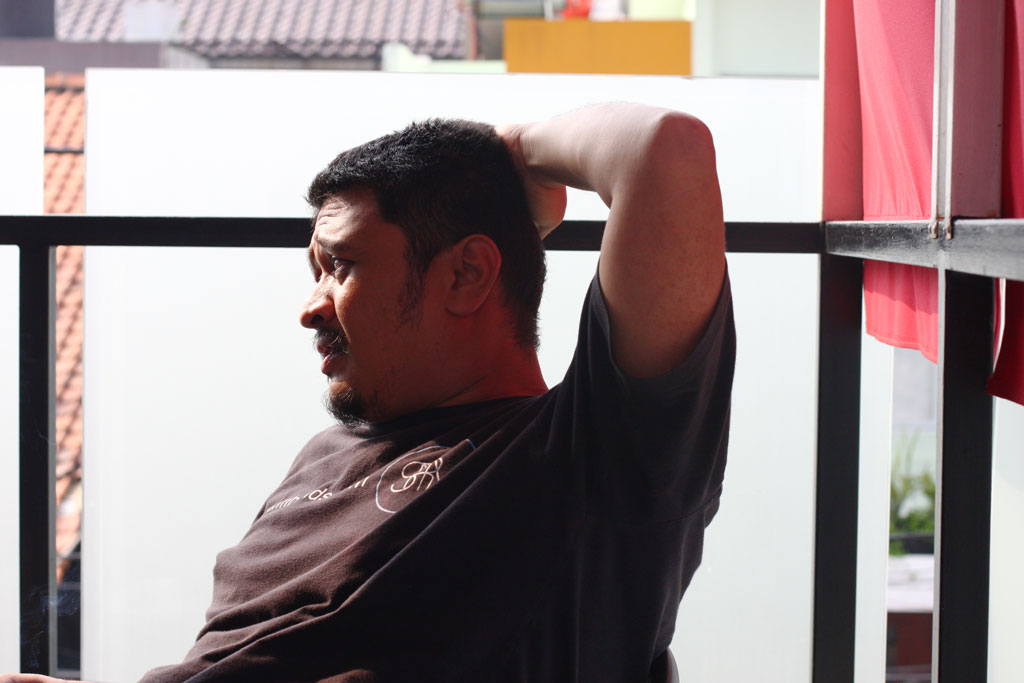
M
Could you tell us how you developed a passion in music in the first place?
A
I naturally developed an interest in music because my household was filled with music. My father used to jam with his friends and family, and at home I used to listen to baroque and classical music – I wanted to play in an ensemble quartet.
When I was in elementary school I became friends with Mondo (Ramondo Gascaro), who introduced me to The Beatles. Him and my household pretty much got me interested in music.
M
When did you first start playing music?
A
In fourth grade, I played lefty guitar. I’m actually right handed but because I wanted to be Paul McCartney I started playing guitar lefty. I restrung my guitar with the lowest string at the bottom and learned the instrument.
M
Do you remember how you started making music?
A
I made my first song with Mondo in high school when we lived in Los Angeles. Mondo learned how to play the keyboard on a paper keyboard, imagining the music in his head. My brother bought him a toy keyboard, and we made our first song early morning in our dining room.
What resulted from that little session is “Karolina” off the Ports of Lima album. It originally was called “Lady in the Night”, but at that time, we were close to Karolina from Club 80s and the title changed (laughs).
M
What were you doing in LA?
A
I was studying – high school through college.
M
Studying music?
A
Myself, no. I was a mischievous Junior High school Student and was sent abroad. In LA, I started in the third year of Junior high school, and then high school. I didn’t enjoy high school, it was boring. My older brother, who was already in college at the time, talked to his councilor, and got me into college at the age of 16. I graduated in 1999 with a business degree. It took me 8 years to graduate college – it was a hazy period (laughs).
M
In your years in the US, would you say that it has influenced your music?
A
Very much so. For me personally, LA has the most beautiful sunsets. The city is so polluted with smog, and creates the most amazing sunsets. This combined with my state of mind at the time inspired me.
I wasn’t really making any music at the time, though. The internet was in its infancy, so myself and Mondo used to get our music through those free CD coupons. That’s how we discovered Chuck Mangione, Gino Vanelli, Steely Dan, and so on.
Most of the Indonesian kids in LA at the time had a copy of Eros Djarot’s Badai Pasti Berlalu soundtrack – which I guess was the way we kept in touch with Indonesia.
All of these together I believe play a huge role in how I perceive music and making it. The nuances, melancholia, the laziness of going to school, the sunset – everything.
M
Sore’s musical character is very strong – many can tell when this is a Sore song – how does the band approach music making?
A
We want to keep the ambiguity and eclecticism, to never keep ourselves from exploring new sounds and nuances. I include Mondo when speaking about Sore because we wrote many of the songs together. We explored new nuances, and though many people categorize the music we make, when we enter the studio much of the ideas you hear are we came up with them on the spot.
We always give the freedom to each other to explore ideas, there should never be any limitations. I love the collaborating with Echa, Awan, Bembi, Mondo – who ever is there. Trading ideas is the holiest and noblest of human exchanges.
M
So in Sore, there isn’t a principal song-writer?
A
Anybody can contribute, and that is what is most appreciated in the band – Socialism in music.
M
Sore is also associated with being romantic and Indonesian. Could you explain what you think makes this ‘Indonesian’ sound?
A
I think the Indonesian comes from the influence of Eros Djarot and his homage to nature. In terms of romanticism, I think it refers to the music being bittersweet – the realest form of romance. There is both joy and sadness in in real-life romances, and when making music we would like to keep that duality.
M
How about your songs such as “Pergi Tanpa Pesan” from the Berbagi Suami soundtrack? This song feels very sweet.
A
The song is really about longing, or “saudade” in Portuguese. The song is a longing for… I don’t know. But for sure, longing is the anxiety of human beings to return to their mother’s womb – to stop experiencing the pain of life, nobody asked to be born.
It goes back to the name Sore, which can be read Sore [afternoon] or Sore [pain] – also if you flip it its Eros [referring to Eros Djarot].
M
I have always wondered how the name came about.
A
I have this fear of the afternoon, it is the time when us humans are defeated. It’s the time when every person is tired – even the sky bleeds in the afternoon.
M
You began performing in Indonesia during the Aksara Records, JKT:SKRG, Janji Joni-era of independent Indonesian music, which was quite a great era. Could you tell us a bit about being a part of it?
A
It was a time of unity and solidarity. We are very grateful to be able to be a part of it. The biggest thank you is to David Tarigan, who was like a prophet. Without him and his determination nothing would have happened. He vouched for the musicians and wholeheartedly believed that we were going to create a revolution. He created a community that supported each other’s creativity.
M
How do you think this solidarity and unity could happen?
A
It was a momentum from above, a rhythm that we cannot explain but made sense at the time. When Aksara folded and the kids got older, everyone went their separate ways.
M
What about now?
A
There is a fresh breath of life in the independent music with collectives such as Studiorama, bands such as Polka Wars, and other new bands. The atmosphere is different but reminiscent of the Aksara days.
Jakarta’s music scene is still amazing, especially with individuals such as Indra Ameng who has kept Superbad [a monthly independent live music] alive after all these years.
M
You are currently involved in a band called Marsh Kids. Could you tell us about how the group was formed and what its music like?
A
When my friend Binsar [Tobing] returned from LA about two and a half years ago, he asked me if I wanted to jam, and so I got a couple of friends together including Billy. After a couple of jams, Deva played the drums, Gonzo came aboard on the keyboard, and Sigit from Tiga Pagi joined us.
Marsh Kids’ sound is a bit broader. We can still say “fuck it” and create what ever music we want. It is a beautiful thing, to explore and express oneself.
People expect a certain sound from Sore, and I often feel trapped by it. When there is this expectation, you cannot creatively explore new territories in music, and it is frustrating.
M
So what propelled you to release Sorealist?
A
We have been in hiatus for a long time and thought to ourselves “why not make a best of album?”. At the same time we wanted to make new songs, which resulted in 3 new songs: “Musim Hujan” – which is actually an old song we never got to record, “Bantal Keras” – which is homage to Mondo, and “Sssst…” – which is actually a song for Mondo as well. I have been a bully since I was a child and Mondo used to get the short end of the stick, which I wholeheartedly apologize for in “Bantal Keras”. In “Sssst…” I wanted to explain it to him that this craziness we experienced together is ours, can only be understood by us, and it is something we shouldn’t throw away.
M
Most musicians have day jobs. Why do you think it is so difficult for musicians to live off purely music?
A
Because you have to sustain life. We are musicians that do not deal with major labels where you have a contract and play 4 times a month. Most independent musician aren’t making music to make money.
M
Wouldn’t it be ideal to be an independent musician and make money from it?
A
Of course that would be great, but such things aren’t quite possible in Indonesia right now. This movement is continually kept underground and the masses are only exposed to a certain type of music. I do not mean major label music are bad – music is music, after all, but independent music is still kept very underground so we have to keep our day jobs.
Even if the movement is underground, I do not believe that we should stay exclusive to the ‘indie’ scene – I actually hate this. Music is a language communicating our creativity and feelings, and we should not limit our abilities to express them.
M
Would you say that there isn’t enough appreciation for music?
A
I think it goes back to us being Indonesian. Pramoedya Ananta Toer once said that there is an element of Javanism that keeps us from exuberance/radicalism because we keep obsolete traditions alive.
When you mention that you are a musician to an older person the same questions always comes up – “Which cafes do you play in?” and “How come I have never seen you on TV?” Music isn’t quite seen as a normal occupation, and this creates insecurities where you have to explain that you aren’t just doing music, you are also holding down a job. You should be proud that you are able to continue playing music while working a full-time job at the same time.
M
From my understanding, aside from making your own music you also help bands in the studio as a producer?
A
It always starts with a conversation. When an artist or band asks me for their help, we would first meet to get to know each other. From there I can understand their background, their passion and anxiety, and from understanding each other we can begin working on music. My role is to bring out their spirit, because often times musicians hesitate embracing their insecurities.
M
Yourself and Sore have also written songs for numerous films, could you tell us the music making process when making them? Is it different from your regular song making?
A
We usually watch the film or trailer, read the synopsis, and talk to the filmmaker about their vision for the film as well as the song. We digest the material and work on the song.
M
Has there ever been an instance where the filmmaker were not satisfied with the music?
A
Although we do make revisions, Sore has a rule regarding making music for soundtracks: If they do not like the music, they should find another band to make it.
M
Now what do you think is the relationship between film and music?
A
Films need music for emotions. Everything from scoring to sound design plays a role in the composition.
Music to me is very visual. Not so much when you write the song, but more when you create the arrangements. As I put together the different sounds that make up the song, all these scenes appear in my head that needs to be translated in audio.
Ports of Lima was heavily inspired by films – we actually made the album based on a script.
M
What films influenced it?
A
Mostly by Francois Truffaut.
M
I’ve only seen 400 Blows.
A
It’s in there, I played parts of 400 Blows’ soundtrack in Ports of Lima – the piano parts. There are a whole lot of films aside Truffaut’s that influenced the album as well.
M
You recently also signed up to be one of four directors in making a film, Gila dan Jiwa, with Ria Irawan. How did you become involved in this project?
A
She asked me. Ria Irawan said that Gila dan Jiwa was inspired by “Sssst…” – where much of the lyrics had the word “gila” in it. The film will have a main plot and four inter connected sub-plots, and I will be directing one of the four sub plots.
M
Could you tell us your approach to directing your section of the film?
A
I’ve been watching a lot of films and learning the techniques of filmmaking. My plot is horror, and I would like to create a more atmospheric, subliminal experience. The shower scene in Hitchcock’s Psycho is terrifying because its chaotic and you don’t know what is going on. I would like to use subtleties such as shadows and make it suspenseful.
M
The final question, are there anything we missed? Future projects?
A
Marsh Kids – we have recorded our music and is currently in its mixing stage. It will hopefully be available in August. That’s about it.
M
Thank you.
A
You’re welcome.








